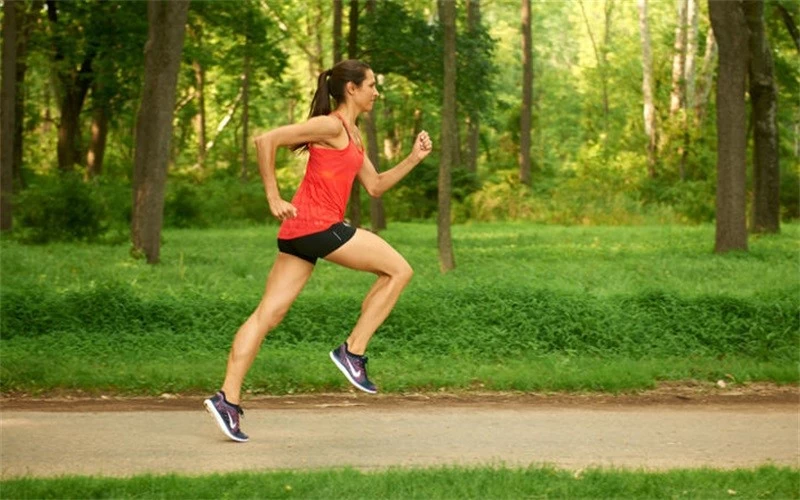Running is cheap, easy and reduces the risk of heart disease and early deaths. But do the health benefits outweigh those from other activities, such as walking, cycling or swimming?
According to a review of evidence in the journal Progress in Cardiovascular Disease, runners live three years longer than non-runners. You don’t even have to run fast, or for long, to see a benefit. You can drink, smoke, be overweight and still reduce your risk of dying early by running – by between 25% and 40%. The authors of the review say that no other exercise has such an impact – an hour of running will, statistically speaking, increase your life expectancy by seven hours. While running regularly can’t make you immortal, the review says it is more effective at prolonging life than walking, cycling or swimming. Two of the authors of the review were also involved in a study published in 2014 that found a mere five to 10 minutes a day of running, at less than six miles an hour, reduced the risk of heart disease and early deaths from all causes. This is considerably less effort than government recommendations of 150 minutes of moderate exercise a week – which most people ignore.
The solution
The best exercise is one that you enjoy and will do. But otherwise … it’s probably running. Running is cheap, easy (as in you go out of your house and just do it) and you can’t fake it – it’s always energetic. Even a jog counts as moderately vigorous exercise. If you are time poor, you need run for only half the time to get the same benefits as other sports. Angelique Brellenthin, of the department of kinesiology at Iowa State University, one of the review’s authors, says it takes 105 minutes of walking to yield the same benefits as a 25-minute run.
There are tragic but rare deaths during races, but non-runners are twice as likely to die from sudden heart attacks and strokes as runners. To avoid knee pain (and you can’t always, as it may just be how your knee cap is positioned), you can run on soft surfaces, do exercises to strengthen your leg muscles, avoid hills and get good running shoes. But Brellenthin says there is no evidence of running increasing the risk of osteoarthritis of the knee.
Running should be built up gradually and its benefits may plateau at 30 miles a week. Brellenthin says that runners have higher levels of aerobic fitness, lower levels of body fat and smaller waists than those who do other activities. Running may be particularly good at shifting abdominal fat. You only need to do 30 to 60 minutes a week to reap the benefits, so perhaps we should all give it a try.
